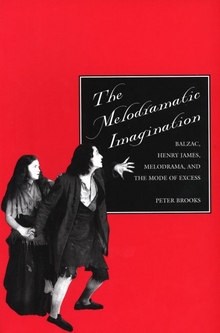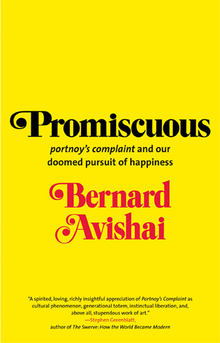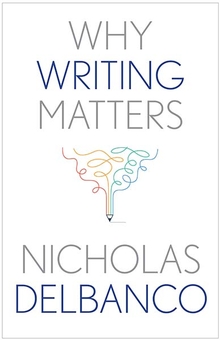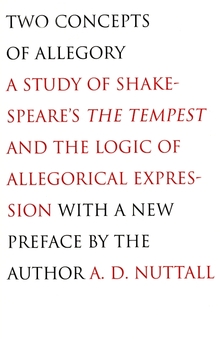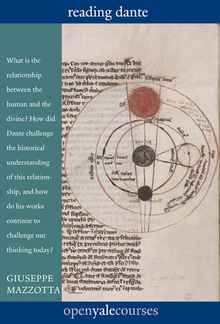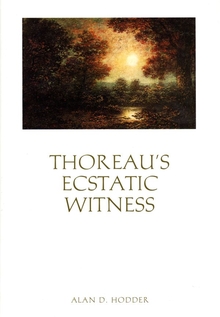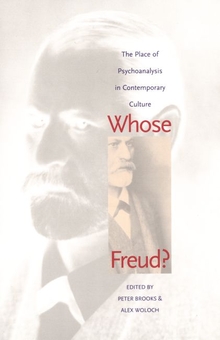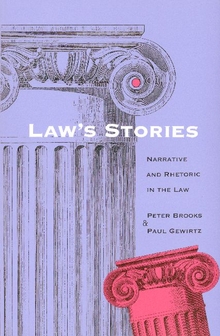The Melodramatic Imagination
WARNING
You are viewing an older version of the Yalebooks website. Please visit out new website with more updated information and a better user experience: https://www.yalebooks.com
Balzac, Henry James, Melodrama, and the Mode of Excess
Peter Brooks; With a new preface
In this lucid and fascinating book, Peter Brooks argues that melodrama is a crucial mode of expression in modern literature. After studying stage melodrama as a dominant popular form in the nineteenth century, he moves on to Balzac and Henry James to show how these "realist" novelists created fiction using the rhetoric and excess of melodrama - in particular its secularized conflicts of good and evil, salvation and damnation. The Melodramatic Imagination has become a classic work for understanding theater, fiction, and film.
"Peter Brooks restores to us the significance of literature's surface excitement. He makes us aware of how hyperbole and theatricality of expression illuminate experiences on the mysterious other side of humanistic pieties, and he opens fresh possibilities for understanding the writers of our own time."—Richard Poirier
"That much abused word melodrama is here made not only reputable and even useful but possibly crucial to an understanding of much modern literature. Born in the context of the French Revolution and its aftermath, melodrama seeks new definitions in a world without fixed values. Whereas tragedy sought resolutions for moral problems that were easily apprehended within the framework of a shared value system, melodrama can only attempt to express all, to articulate everything. Brooks's argument is compelling."—Library Journal
"Peter Brooks shows how the most sophisticated sorts of contemporary literary criticism . . . can actually open up the moral and religious dimensions of modern literature. . . . [After reading Brooks' book], the predominant impression for graduate students and teachers will be the excitement of following a real scholar making a sound and important argument about literature, morality, and religion."—James G. McSeley, Religious Studies Review
"Brooks's highly provocative analyses of numerous works by Balzac and Henry James demonstrate to what extent these novelists, in their more of less 'realistic' representation of social life, create dramas involving the basic polar concepts of melodrama. This is a stimulating and very readable study with wide appeal. Recommended for all undergraduate and graduate libraries."—Choice
"The Melodramatic Imagination is a highly original but always scholarly contribution to aesthetic theory , and to our understanding of melodrama, of the nineteenth century theater, and of great novelists. It is a work of great subtlety and stylistic assurance, and combines some of the best characteristics of French and American criticism."—Albert J. Guerand, Stanford University
"Provocative, persuasive and timely."—Lucian W. Minor, Nineteenth-Century French Studies
"[Brooks] has produced a thoughtful analysis shedding new light on the persistent history of melodrama."—Grace Bearse, Yearbook of Comparative & General Literature
"Important, stimulating, well worth reading."—Robert M. Maniquis, Nineteenth-Century Fiction
"Only a lengthy review could do justice to the author's rich and tightly-argued but wide-ranging book."—French Review
"Brooks's study of melodrama offers so striking a definition and rationale for this neglected genre taht, like one of its own heroines, melodrama emerges from his pages as the Cinderella of modern literature, redeemed and justified. . . . Following a brief account of the origins of melodrama in the French popular theatre and a lengthy analysis of its influence on French romantic drama, Brooks applies his theoretical insights to the fiction of Balzac and Henry James. . . . The study's major strength lies in its view of melodrama as an agent of the definition and expression of cultural values, helping us to understand and why the representation of life as manichaeistic struggle informs not only so much popular literature and entertainment in the 19th and 20th centuries, but also the systems of thought—Marxist, Hegelian, Freudian—which have dominated our era."—Jane Tompkins, Modern Fiction Studies
"The basis of this remarkable book is a long, serious, and sophisticated analysis of melodrama, as it dominated the stage in the earlier nineteenth century. To be very brief, Brooks is especially interested in the way melodramas are secularized conflicts of good and evil, rejecting the speech conventions of pure social portraiture and relying heavily on gesture. We are dealing here with an essential aspect of modern mythology, which, as the author suggests at the end, has relevance to a number of major novelists. . . . Brooks's book is a model of what comparative literature studies should be and often are not. . . . The structure of The Melodramatic Imagination manages to have both breadth and particular focus."—John Porter Houston, Comparative Literature
ISBN: 9780300065534
Publication Date: November 29, 1995
Publication Date: November 29, 1995
251 pages, 6 1/4 x 9 1/2

